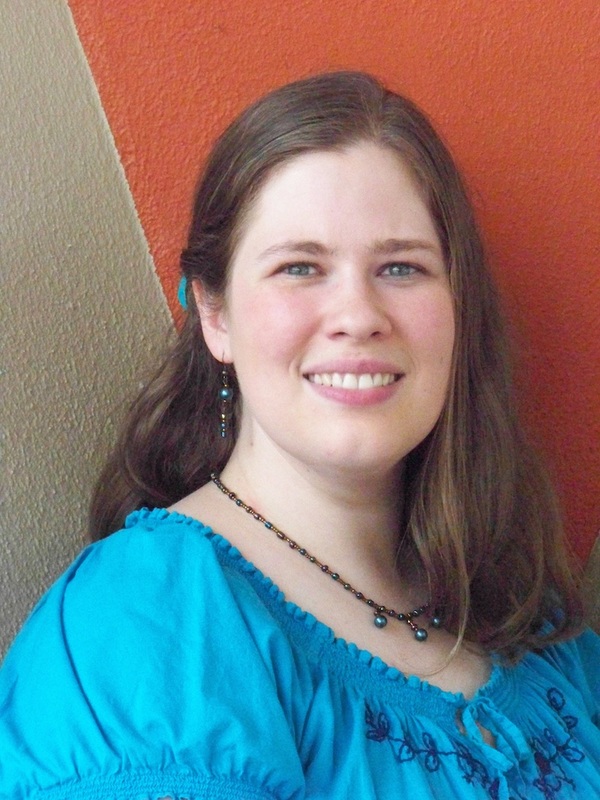Is it only those novels that present a gospel message? Do Christian characters wrestling with their faith make a story Christian? What about those books with subtle Christian themes? Or is a Christian novel simply a book written by an author who claims to be a Christian?
Like many things in the Christian walk, neither extreme seems to be the solution. Yes, books that handle the journey to faith of a character are Christian, but the Christian faith is so much more than that. After all, even the Bible spends more time talking about how to live as a Christian than how to become a Christian. Yet on the other hand, a Christian author does not equate Christian work. Although the Holy Spirit promised to guide us, making it more likely that our work is Christian, we aren’t guaranteed to follow. We can willfully ignore His promptings. In addition, none of us become a mature Christian at the time of conversion, nor is a biblical worldview (seeing the world through the lens of Scripture) automatically implanted. So ignorance, the lack of maturity, and desensitization can all hinder us. Therefore, Christians can and have produced some decidedly non-Christian writing. That leaves the two ideas in the middle: Stories that espouse blatantly Christian thoughts, and stories with a subtle biblical worldview. So which one is right definition of “Christian fiction”? Both—depending on how you use the modifier Christian. One way refers to a genre, much like you would say something is a fantasy or a romance, and like any genre, the Christian fiction genre must have certain elements. Just as a murder mystery must have a murder, so the genre Christian fiction must deal with the journey to faith, how to live that faith after conversion, or in the case of fantasy and sci-fi, contain clear allegorical parallels to the Christian faith. Also Christian fiction often comes with the expectation of minimal swearing, graphic sex, and graphic violence. In short, the Christian faith must be integral to the plot of Christian fiction, often driving the internal conflict, and sometimes the external as well. Most books in the Christian market fall into this category. The work of C.S. Lewis, Grace Livingston Hill, Janette Oke, Frank Peretti, Dee Henderson, Sharon Hinck, Dani Pettrey, John Otte, and Julie Klassen would all be good examples of the genre “Christian fiction.” However, there’s a second use of Christian fiction: Christian is a description of the overall content much in the way you might say a plot was fast-paced or the writing vivid. This kind of Christian fiction carries Christian themes and subtle allusions to a biblical worldview, like redemption and sacrifice, the sinfulness of man, and unconditional love. Here Jesus Christ is the foundation of the story rather than the focal point. Hence, Tolkien’s Lord of the Rings, Dorothy L. Sayer’s Lord Whimsy mysteries, and the work of Stephen Lawhead, Debbie Macomber, R. J. Anderson, and Jonathan Friesen are said to be “Christian fiction.” Neither definition is wrong. They are just different with different styles, different expectations, and different audiences. But both are necessary, and a world without either would just not be the same. Author Bio: As a novelist who loves stretching both the imagination and faith, Chawna Schroeder dreams of far-off places, daring swordfights, magic spells, and princes in disguise, just like her favorite Disney princess Belle. When she isn’t dreaming or committing those dreams to paper, you can find her studying the biblical languages, playing with fiber, or writing about the importance of discernment. Beast, her first novel, releases July 2016. 3/4/2016 06:44:14 am
"even the Bible spends more time talking about how to live as a Christian than how to become a Christian." Good point, Chawna. Comments are closed.
|
Books
|

 RSS Feed
RSS Feed
